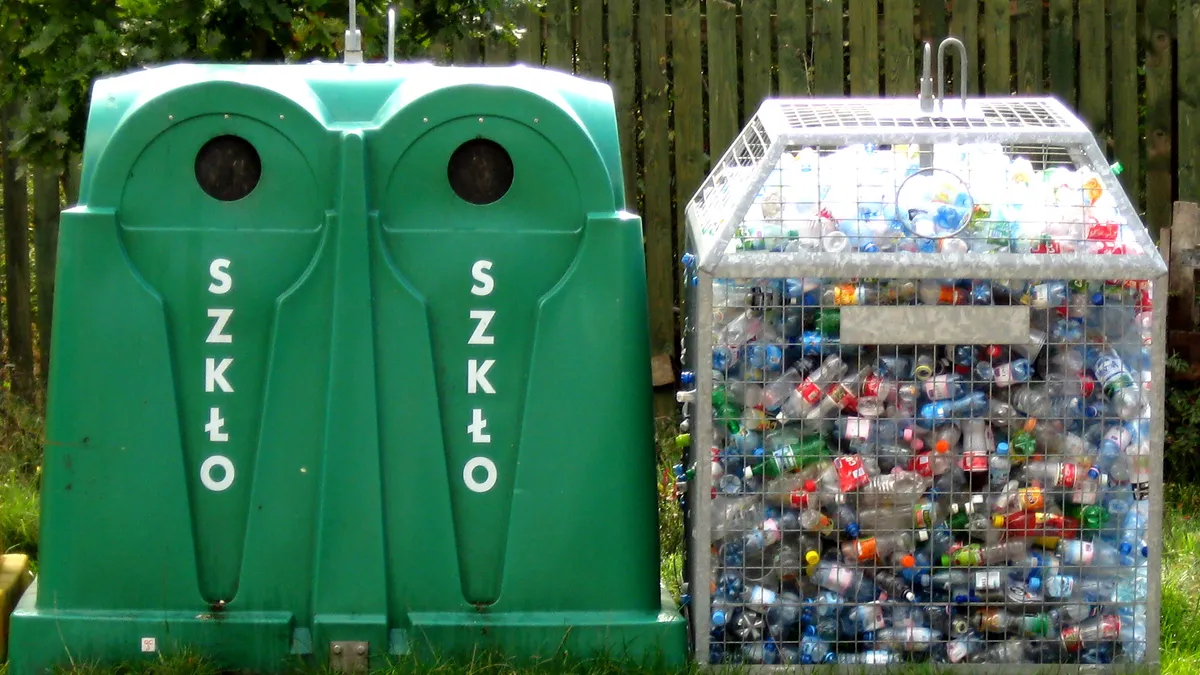Dive Brief:
- The Recycling Partnership in Falls Church, VA is collaborating with the Massachusetts Department of Environmental Protection (MassDEP) to develop a contamination reduction toolkit. The purpose of the toolkit is to support local recycling programs in identifying ways to eliminate contamination of collected recyclables, and to help them implement such methods.
- The Partnership and MassDEP plan to work with Massachusetts communities and municipal recycling facilities to identify contamination causes, then to develop tools to increase tonnage of salvageable recyclable materials and improve quality.
- Supported by grant funds, the toolkit will be tested and refined with pilot cities and local material recovery facilities. The end result will be a "field-tested, data-supported program ready for launch across the entire state, along with training and funding to support its success," The Recycling Partnership said in a news release.
Dive Insight:
Improved quality and increased tonnage are ongoing recycling challenges, not just in Massachusetts but in recycling programs in most states. Approximately $11.4 billion of post-consumer packaging is "wasted" each year — a fair amount of which goes to MRFs, but is not recycled properly.
Some of the biggest challenges come with single-stream recycling when residents increase contamination by choosing to use their recycling bins as garbage cans, or do not understand what belongs in those recycling containers. A 2014 poll shows 65% of respondents said they don’t understand what plastics are acceptable in curbside collection.
In working with Massachusetts communities and MRFs, the two partners will develop and fine-tune tools to eliminate the issues and pump recycling rates.
"We know that [addressing these challenges] will take an approach that integrates strong social marketing principles and proven operational tactics, and that is the foundation of this program," said Cody Marshall, technical assistance lead of The Recycling Partnership.
"Our communities are facing a challenging obstacle in the form of contamination ... the universal nature of this program should unite our state’s recycling efforts in powerful new ways, reducing resident confusion and enabling more participation in local programs," said Brooke Nash, branch chief of the MassDEP Municipal Waste Reduction Program.














